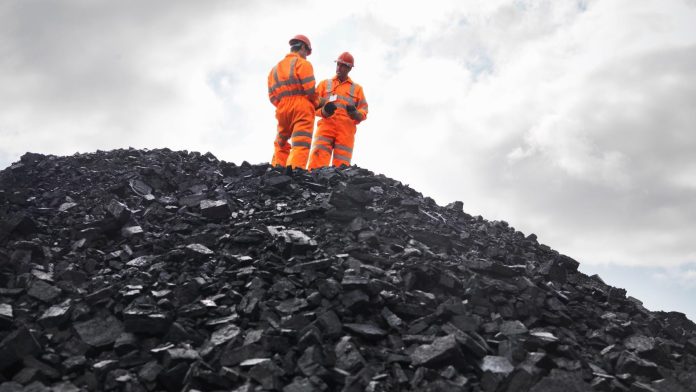Coal may be dirty, outdated and under attack from climate activists across the globe, but in Africa it remains the cornerstone of electricity supply, jobs and private fortunes; and behind closed doors, a more subdued story is being told: coal has produced billionaires.
Yet, the public face of the discussion remains centred on Eskom’s loadshedding and South Africa’s Just Energy Transition, and the strong drive for renewable energy.
Coal’s enduring significance in Africa extends beyond its role in electricity generation, encompassing substantial economic and social impacts. Despite global pushes for cleaner energy alternatives, coal continues to be a cornerstone of many African economies, providing not only power but also employment opportunities and generating considerable private wealth. This persistence highlights the complex challenges faced by countries attempting to balance environmental concerns with economic development and energy security.
The coal industry’s influence in Africa is particularly evident in the creation of a class of ultra-wealthy individuals who have capitalised on the resource’s abundance and demand. These coal magnates represent a diverse group including seasoned politicians leveraging their connections, foreign investors bringing capital and expertise, and local entrepreneurs who have risen to prominence. Their wealth manifests in various forms: from ostentatious displays of luxury to more subtle yet powerful boardroom influence.
These aren’t always the names you’ll find on Forbes’ African rich list. While some stealthily operate the levers behind boardroom doors, others show off their wealth through philanthropy. Their capacity to turn tonnes of coal into billions of rand and so impact Africa’s energy future is what binds them together.
Cyril Ramaphosa – Phembani Mining Group
When South Africa’s president talks about “energy reform” and “transition”, few mention that he himself once had skin in the coal game. But make no mistake: Cyril Ramaphosa’s fortune has deep roots in mining, particularly coal.
Through his involvement with Shanduka Group, which later merged into Phembani Group, Ramaphosa managed investments in coal resources that supplied Eskom and other entities. Phembani evolved into a significant entity, expanding into the petroleum and infrastructure sectors, yet coal remained a central focus.
Currently, as president, Ramaphosa is unable to directly manage these businesses, but his background in the industry complicates the climate change discourse. Critics contend that his previous connections to coal enterprises hinder his ability to appear impartial in discussions about reducing carbon emissions. This situation highlights the deep connections between politics and mining wealth in South Africa.


